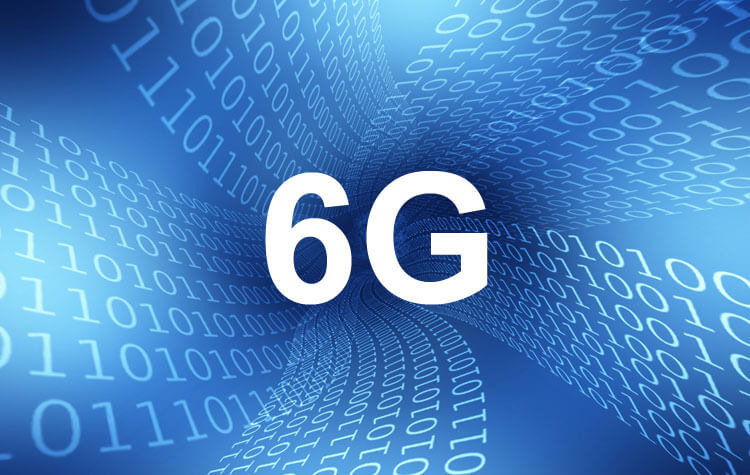Table of Contents Show
Want to find out more about 6G? Read on to get the low-down.
We’ve only just gotten used to the idea of 5G when news stories about 6G start to appear. It can be challenging to keep clued up on all the latest mobile technology, so in this article, we’ll look at what 6G is, how fast it will be, and when it’s likely to arrive.
6G is the next generation of mobile technology currently being developed. It’s hard to say precisely what 6G will entail as it has yet to exist. Still, experts believe it will be a fully integrated, internet-based system allowing instantaneous communications between consumers and their technology.
Let’s dig right into the nitty gritty and ask, ‘what is 6G’.
What is 6G Technology?
6G technology is the successor to 5G technology. It’s still in development, so there’s no one-size-fits-all answer to this question. However, we can extrapolate from what we know about 5G to get a general idea of what 6G might entail.
5G is a high-speed wireless network service that offers speeds up to 100 times faster than 4G LTE. 5G also has much lower latency, which means that it can provide near-instantaneous connections.
6G will likely build on these features and offer even higher speeds and lower latency. Some experts believe that 6G will be able to provide rates of over one terabyte per second (Tbps) â that’s a thousand times faster than the hypothetical top speed of 5G.
Of course, 6G won’t just be about speed. It will also likely offer other features and improvements over 5G, such as enhanced security, increased capacity, and improved power efficiency.
How Fast Will 6G Be?
Knowing the speed is another difficult question, as 6G technology is an embryo. However, we can make a few educated assumptions based on what we know about 5G.
As we mentioned, 5G offers speeds up to 100 times faster than 4G LTE. 6G will likely build on this and offer even higher rates. Some experts believe it can deliver speeds of over and above one terabyte per second (Tbps).
By 2030 1 terabyte per second will appear slow, so 6G will likely ramp up the pace to offer unimaginable speeds as yet undocumented.
When is 6G Coming?
6G is still in the making, so there’s yet to be a definite answer to this question. Here’s a timeline to help work out when 6G will make an appearance.
Mobile tech companies introduced 1G to the UK in the early 1990s, 2G in the late 1990s, 3G in the early 2000s, and 4G in the late 2000s. 5G first made an appearance in 2015 and is still being rolled out. So, that makes 6G unlikely to appear until 2030 at the earliest.
Experts say we’re still in the early stages of 5G development, so it will likely be 8-10 years before 6G is ready for commercial use. But that doesn’t mean that work on 6G isn’t already underway.
Several companies and organizations are already working on 6G technology, including Nokia, Ericsson, Samsung, and the International Telecommunication Union (ITU).
The ITU is a United Nations agency responsible for setting international standards for telecommunications. In June 2022, the ITU released a report outlining its plans for 6G.
So, while 6G is still a way off, it’s something that’s in the pipeline for some of the biggest names in the telecom industry. All the speed and efficiency are one thing but do we really need 6G?
Why Do We Need 6G?
We need 6G because it will offer a massive leap forward in mobile technology. 5G is already a big step up from 4G, and 6G will be an even more giant step but probably not the ultimate step in the pursuit of speed.
That’s not all – 6G will likely have much lower latency, which means it can provide near-instantaneous connections, vital for the broader use of augmented and virtual reality.
Mobile technology consumer analysts agree that customers would choose instantaneous connections over speed.
In addition, 6G will likely offer other features and improvements over 5Gâthese days of increasing internet fraud, enhanced security and improved power efficiency are a must.
These features and improvements will significantly impact our lives and technology use. For example, 6G could enable new applications such as high-definition holograms, remote surgery, and driverless cars.
Just wait; Elon Musk will have a hand in applying 6G if driverless cars are to really become a thing. Imagine streaming, tweeting and driving without taking your eyes off your phone (the thought is horrifying), but this might be a reality in 2031.
It could also create new industries and businesses that we can’t even imagine. So, while 6G is still a ways off, it’s something to be excited about (although I can think of better things to be excited about).









